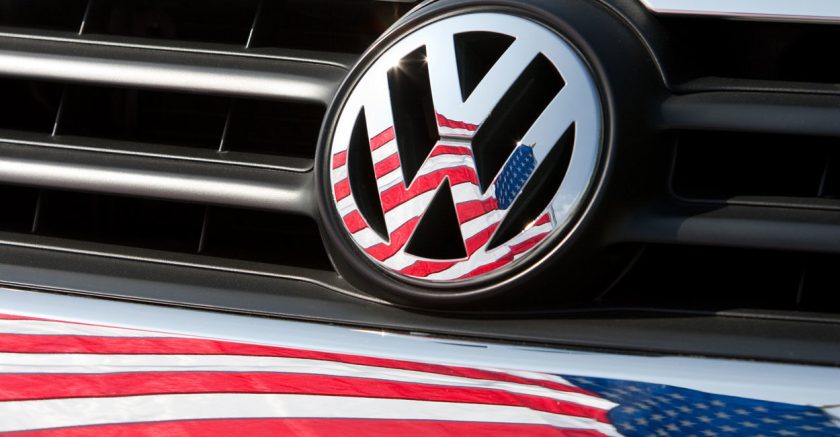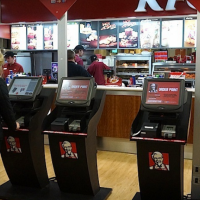History has an important lesson for autoworkers at the Volkswagen plant in
Chattanooga, Tennessee, where the United Auto Workers union plans to hold a vote soon to unionize workers.
When it comes to VW’s Chattanooga workers, unionizing is more likely to prevent expansion by the company and threaten jobs than it is to bring about higher wages and better working conditions.
Consider some history on U.S. auto manufacturing and the UAW’s role in its decline.
As labor economist James Sherk wrote in a July 2014 New York Times opinion column:
For decades, almost the only cars Americans could buy were those built by [UAW] members. And because the Detroit automakers could collectively raise prices, the union could negotiate above-market pay.
The result: Cars cost more, Detroit sold fewer of them, and the automakers employed fewer workers—and [UAW] members got six-figure compensation. …
Once foreign automakers entered the market, this system began to collapse. Consumers could (and did) take their money elsewhere, so Detroit eventually had to cut costs.
Domestic auto production is at less than half the level today as it was just two decades ago in 1999, and the UAW is undoubtedly at least partly to blame for driving labor costs to unsustainable levels.
Read the full story from The Daily Signal
Want more BFT? Leave us a voicemail on our page or follow us on Twitter @BFT_Podcast and Facebook @BluntForceTruthPodcast. We want to hear from you! There’s no better place to get the #BluntForceTruth.







